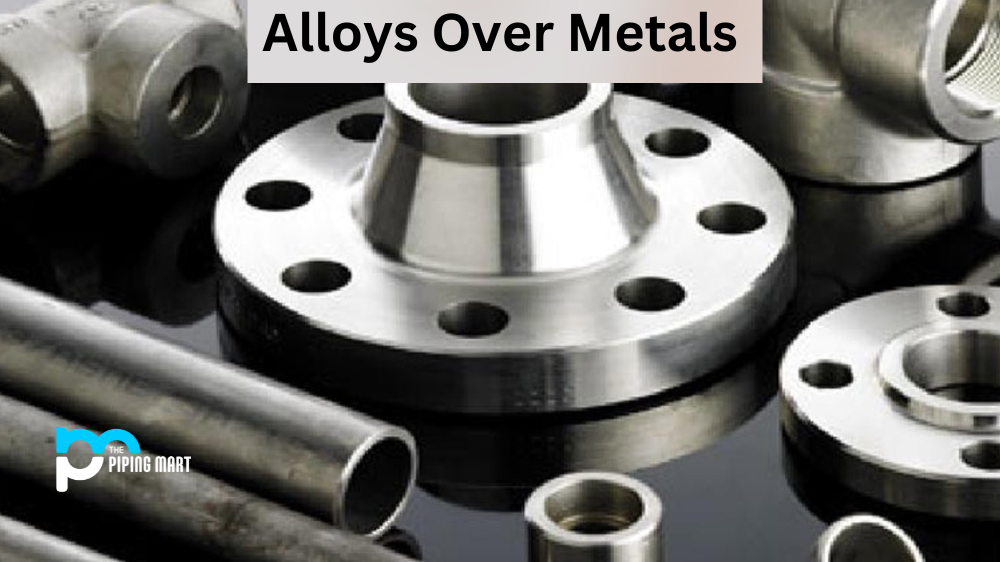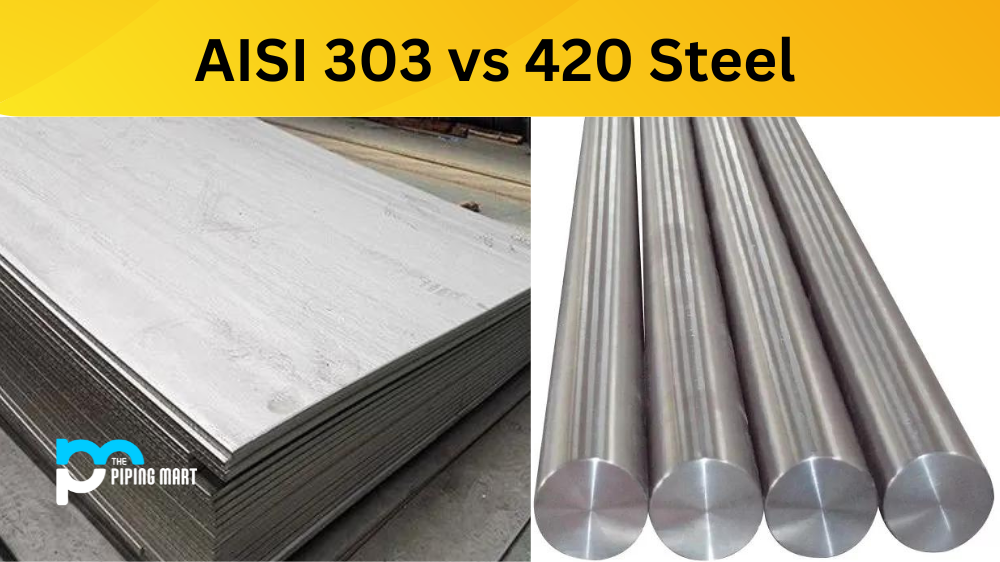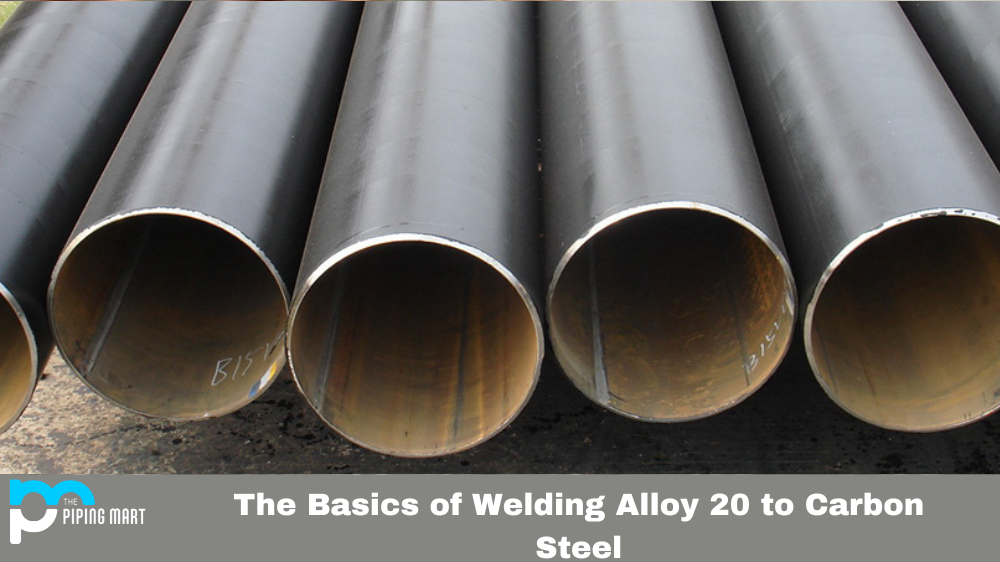Metals and alloys are two types of materials that are used in a variety of industries. While both metals and alloys possess similar properties, each has some distinct advantages and disadvantages. In this article, we’ll discuss the benefits and drawbacks of both metals and alloys so that you can make an informed decision when choosing which material is right for your needs.
Advantages of Metals
Metals have several advantages over alloys. First, they tend to be more resistant to corrosion than alloys and require less maintenance. Additionally, metals are often cheaper than alloys and thus provide a cost-effective option for many applications. Finally, metal components tend to be stronger than alloys due to their higher density. This makes them ideal for applications that require strength or durability, such as structural supports or frames.
Disadvantages of Metals
The main disadvantage of using metals is their susceptibility to wear and tear over time. This can lead to component failure if the parts are not regularly inspected or maintained correctly. Additionally, some metals may be more prone to cracking under extreme conditions such as high temperatures or pressures. Finally, certain metals can be difficult or expensive to manufacture due to their complex physical properties.
Advantages of Alloys
Alloys offer several advantages over pure metals in certain situations. For one thing, alloys tend to have improved strength compared with pure metals due to their unique chemical composition. Additionally, alloys often possess greater ductility than pure metals, which makes them better suited for applications that require flexibility, such as wires or cables. Finally, many alloys are easier and less expensive to manufacture than pure metals thanks to their simpler physical properties.
Disadvantages of Alloys
The main drawback of using alloys is that they tend to be more susceptible to corrosion than pure metals since they contain multiple elements, which can increase the rate at which they corrode over time if not adequately maintained or treated with coatings or other protective measures. Additionally, depending on their composition, some alloys may be more prone to cracking under extreme conditions, such as high temperatures or pressures. That said, it’s essential to research any alloy before using it in an application since different compositions may have varying levels of durability.
Conclusion:
Overall, both metals and alloys offer a range of benefits depending on the application at hand. Metals tend to be stronger but more susceptible to wear, while alloys provide improved flexibility but may corrode faster if not adequately treated or maintained over time. It’s essential for any business looking into either material type to make sure that they do adequate research into each option before making a final decision so that they can choose the material best suited for their particular needs.
Sakshee is a talented blogger, with a particular focus on the Business and Metal Industry. She is passionate about sharing her insights on various metal products and helping professionals to make a better decisions.




